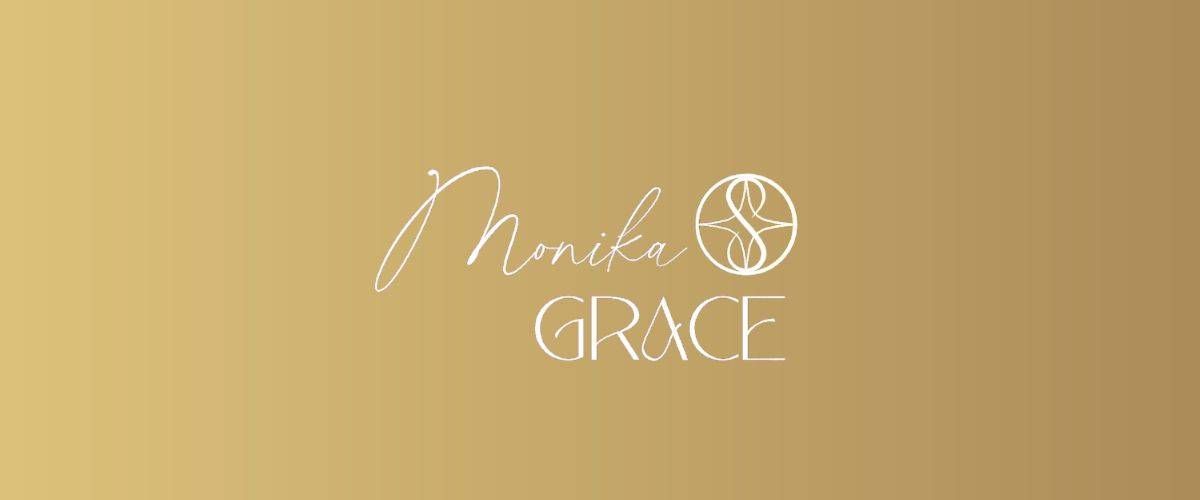Introduction
The father wound in men is a profound emotional injury that arises when a father or father figure is absent, neglectful, or harmful during critical periods of development. This absence or dysfunction can leave lasting scars on a man’s mental and emotional health, manifesting as chronic self-doubt, a compulsive need to prove one's worth, and difficulties in forming intimate relationships. Developmentally, the lack of a nurturing paternal presence can disrupt the formation of a secure identity. To protect themselves from the pain of this absence, they might put on a tough exterior, acting as if nothing can hurt them. However, deep down, they may feel significant emotional pain. This inner conflict can lead to unhealthy ways of coping, such as becoming overly aggressive, shutting down emotionally, or trying too hard to succeed in order to prove their worth. This further impairs the ability to experience genuine vulnerability and connection.



